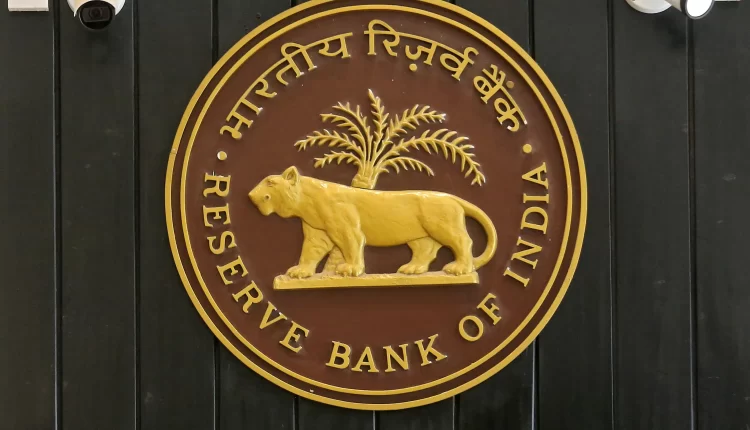New Delhi: The Reserve Bank of India (RBI) has expressed concern over the resurgence of food inflation in its monthly bulletin for July. The bulletin highlights that after three months of declining inflation, June 2024 saw an uptick, primarily driven by a significant rise in vegetable prices.
The bulletin, authored by a team led by Deputy Governor Debabrata Patra, argues that the rise in food inflation is not a temporary phenomenon. “The experience of the last year suggests that this inflationary shock is more long-term than short-term,” the article states.
The report underscores that the increase in food prices has contributed to overall headline inflation and adversely affected household inflation expectations. This has offset the benefits from the reduction in core and fuel inflation achieved through monetary policy and supply management efforts. The RBI emphasises the need to remain committed to its target of reducing Consumer Price Index (CPI) inflation to 4 per cent, amidst the prevailing uncertainty.
In June 2024, retail inflation data revealed a CPI inflation rate of 5.08 per cent, attributed to rising food prices. The bulletin indicates that while the second quarter of the financial year 2024-25 has shown signs of economic growth, inflation remains a significant concern.
The bulletin also notes a cash surplus in early June 2024, followed by a shortage in the latter half of the month due to advance tax and GST payments, coupled with sluggish government expenditure. However, by June 28, the situation had reverted to a surplus.
Additionally, the RBI bulletin provides insights into the country’s financial health. As of the end of March 2023, domestic financial assets were at 135 per cent of GDP, while financial liabilities stood at 37.8 per cent of GDP. Net financial wealth was recorded at 97.2 per cent of GDP. The bulletin highlights a 12.6 per cent increase in net financial wealth between March 2020 and March 2023, driven by a surge in financial assets following the Covid-19 pandemic. However, it notes that most people’s wealth is tied up in non-financial assets like housing, which was not covered in the article.
As the RBI continues to monitor the economic landscape, it remains vigilant about the persistent challenges posed by food inflation and its impact on the broader economy.



Comments are closed.